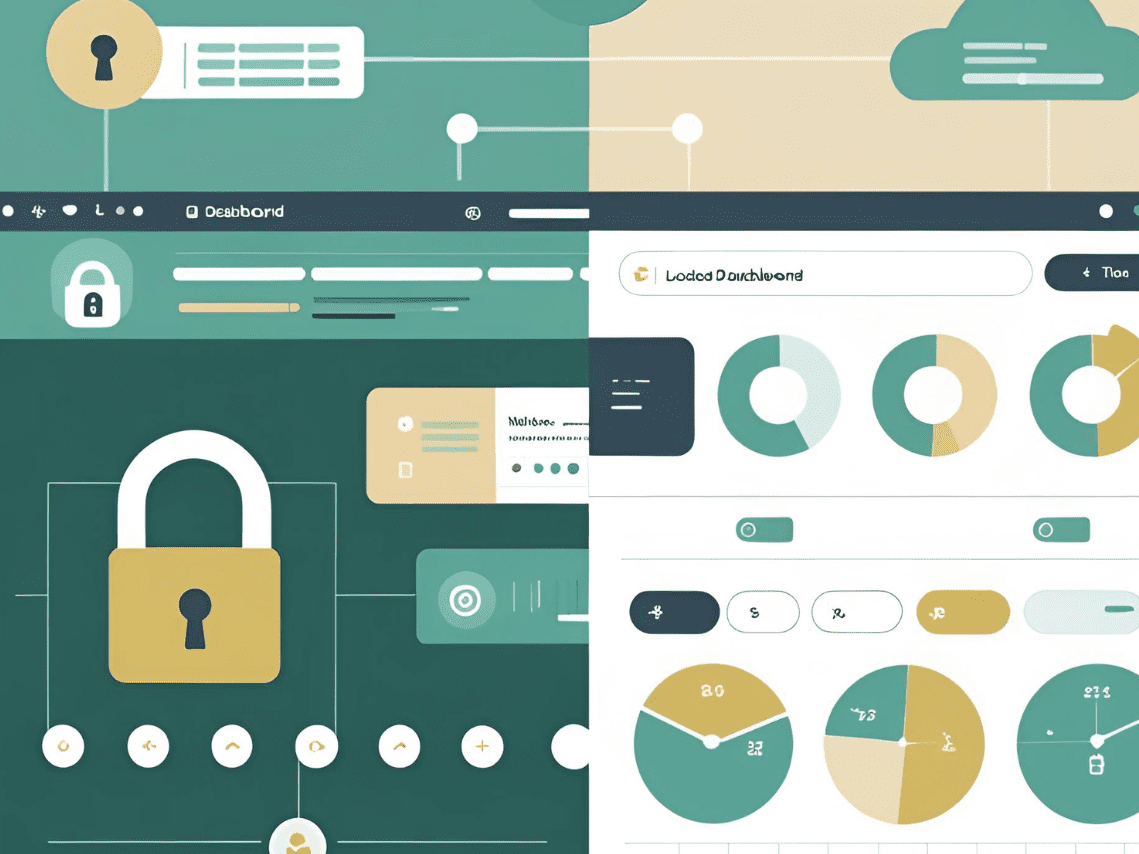The concept of renewable energy as an alternative to traditional energies emerged in the 1970s with the aim of guaranteeing future supply and reducing environmental impact. Ever since, its use has grown exponentially worldwide.
According to the Fundación Naturgy publication ‘2019 Report. The Spanish power sector in numbers’, written by Miguel Ángel Lasheras, an economist specialising in energy markets, “the functional renewables capacity in the Spanish peninsula system, without taking into account water, grew by 20% last year, which means we are closer to the annual record of renewables capacity, reaching 40%”.
The Latin American region, on the other hand, is expected to experience significant growth in the coming years. Latin America has an impressive wealth of natural resources for generating clean energy such as wind or solar power. As explained in the Moody’s Investors Service study, “while solar and wind energy sources will account for an ever greater share of the energy supply, sources such as coal and oil will lose popularity and there will be less demand for them in the region”. Costa Rica, for example, announced in May 2018 that it will abolish the use of fossil fuels by 2021. Furthermore, for four years running, the country has generated more than 98% of its electricity from renewables.
It is thought that other regions from South East Asia to North Africa are also increasing their production of renewable energies and are receiving major investment that will allow them to meet the growing energy demand of their rapid industrialisation.
Sustainability in the corporate world
Besides the energy sector, companies from all sectors of industry are becoming increasingly aware of the importance of protecting the planet from imminent climate change and of providing a better quality of life for future generations. Likewise, consumers are now also demanding that companies play their part in slowing down global warming and are basing their purchasing decisions on this, which in turn is reflected in changes to business objectives. According to a survey by Schneider Electric, 70% of large companies have set public energy or sustainability targets this year. This is an increase of 25% from 2019.
The COVID-19 pandemic has also highlighted the importance of sustainability and its economic benefits. According to official data, 94% of the sustainability indices have performed better financially than their “traditional” counterparts, and sustainable investment funds grew considerably during the first quarter of the year while the more traditional funds fell.
Due to the growing demand for sustainability in the corporate world, more and more companies have teams dedicated to managing it and are prioritising sustainability in their operations.
Sustainability as a strategic concept
We are becoming increasingly aware of the multitude of benefits for companies who conduct their operations sustainably. In many cases, therefore, sustainability has gone beyond being an “added bonus” to become an integral part of a company’s strategic plan. This creates companies that concern themselves with society and apply best practice in their production systems, allowing them to produce in accordance with the demands of their clients, and also to hold up over time and be capable of generating wealth.
However, your efforts to achieve sustainable development may be impacted by suppliers who are not in line with your company’s objectives. Therefore, it is important that your suppliers are aware of your corporate objectives and adopt measures that meet the standards set. Your company may well have good sustainability practices, but any poor practice by one of your partners could negatively impact your reputation and negate all your efforts and investment.
At Achilles, we use pre-qualification questionnaires to approve suppliers. These questionnaires are scrupulously validated by our internal team to present to you, simply and accurately, which suppliers meet your standards and which need to improve their sustainability practices and other areas of their business. Those suppliers considered to be critical, requiring additional attention, may resort to an audit.


